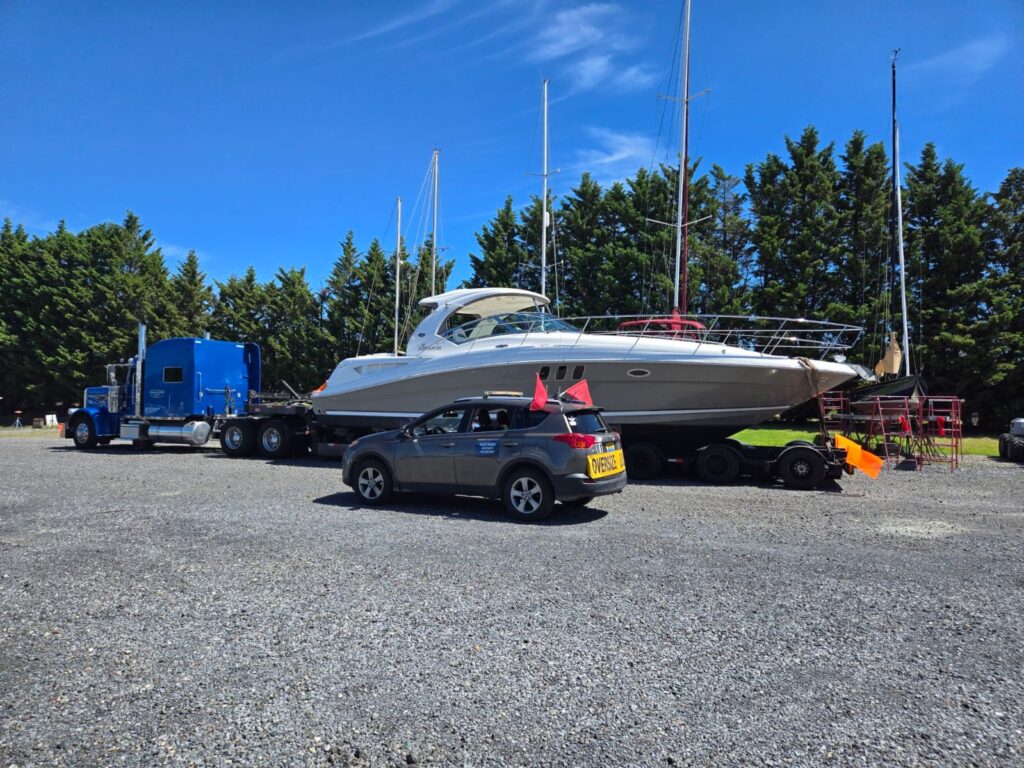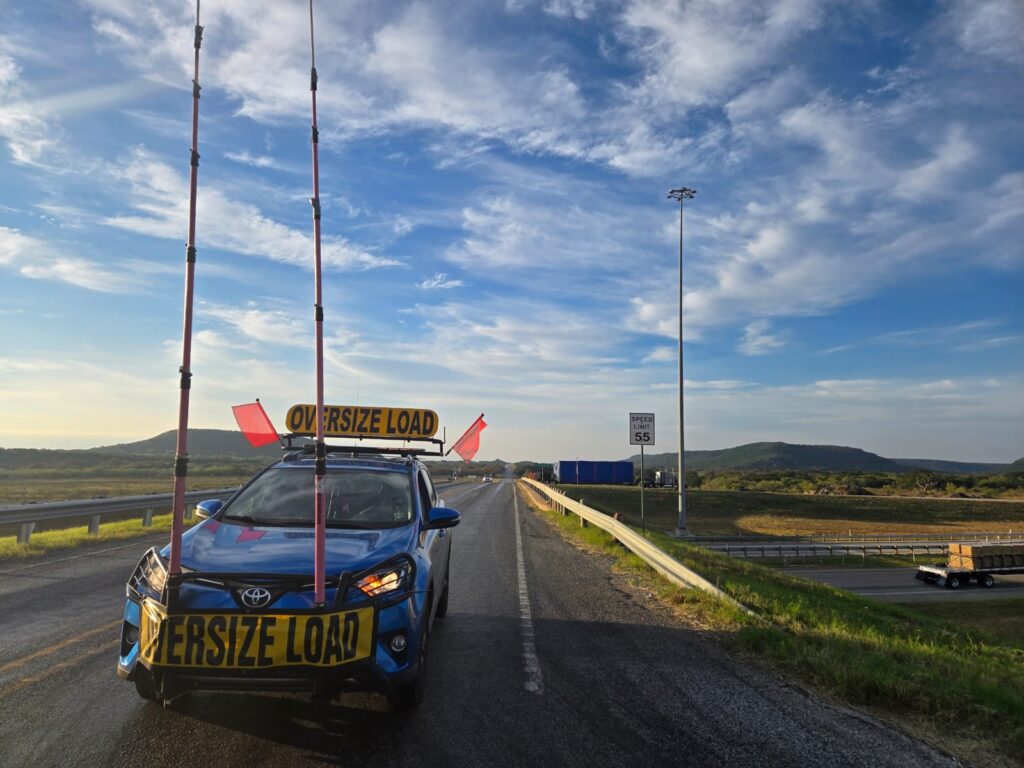In the complex world of oversized load transportation—where massive equipment, renewable energy components, or prefabricated structures traverse public highways—a vital yet often overlooked component ensures success: pilot car services. These specialized vehicles and their skilled operators are indispensable, providing a foundation of safety, regulatory adherence, and operational efficiency. Far more than mere escorts, pilot car services are a cornerstone of modern logistics, enabling the safe and seamless movement of extraordinary cargo.
Transporting oversized loads presents inherent challenges. Roads designed for standard vehicles offer little margin for error when accommodating wide or heavy freight. Without guidance, a single misstep could lead to collisions with infrastructure—bridges, tunnels, or overhead lines—or disrupt traffic flow. Pilot car operators mitigate these risks by conducting real-time route assessments, identifying obstacles, and guiding loads with precision. Their proactive oversight protects not only the cargo but also the surrounding public and critical infrastructure, minimizing the potential for costly damage or delays.
Beyond safety, pilot car services excel in traffic coordination. The presence of an oversized load can easily impede normal highway operations, creating bottlenecks or hazards. Equipped with visible signage, lights, and communication tools, pilot vehicles manage these disruptions effectively. They alert other motorists to the load’s approach, facilitating smoother traffic patterns and reducing congestion. When unforeseen challenges arise—such as road closures or adverse weather conditions—these operators adapt swiftly, rerouting as needed to maintain schedules and uphold delivery commitments.
Compliance with legal standards is another critical function. Oversized load transport is governed by a web of state and federal regulations, from permit requirements to escort mandates. Pilot car services ensure full adherence, navigating the intricacies of jurisdictional rules to prevent penalties or operational setbacks. This expertise extends to route planning, where operators select paths that accommodate weight limits, clearance heights, and construction zones, optimizing both safety and efficiency.
The value of pilot car services also lies in their protective role. Oversized loads often represent significant investments—industrial machinery, wind turbine blades, or modular buildings—where damage could incur substantial financial loss. By preventing accidents and ensuring secure transit, pilot vehicles safeguard these assets. In emergencies, such as mechanical failures or road hazards, their operators respond promptly, coordinating assistance and managing traffic to resolve issues without escalation.
Moreover, pilot car services contribute to broader economic and environmental goals. The timely delivery of oversized cargo—whether for construction, energy, or infrastructure projects—drives industrial progress and economic development. By averting incidents that could result in spills or ecological harm, they also support sustainable practices. Their adaptability further enhances their utility, as services are tailored to the unique demands of each load, from towering cranes to sprawling modular units.
In essence, pilot car services are a linchpin of oversized load logistics. They blend technical proficiency with strategic foresight, ensuring that safety, compliance, and efficiency remain paramount. For businesses and industries reliant on transporting exceptional freight, these professionals are not just an operational asset—they are a necessity. As the backbone of this specialized field, pilot car services uphold the integrity of the journey, from origin to destination.


